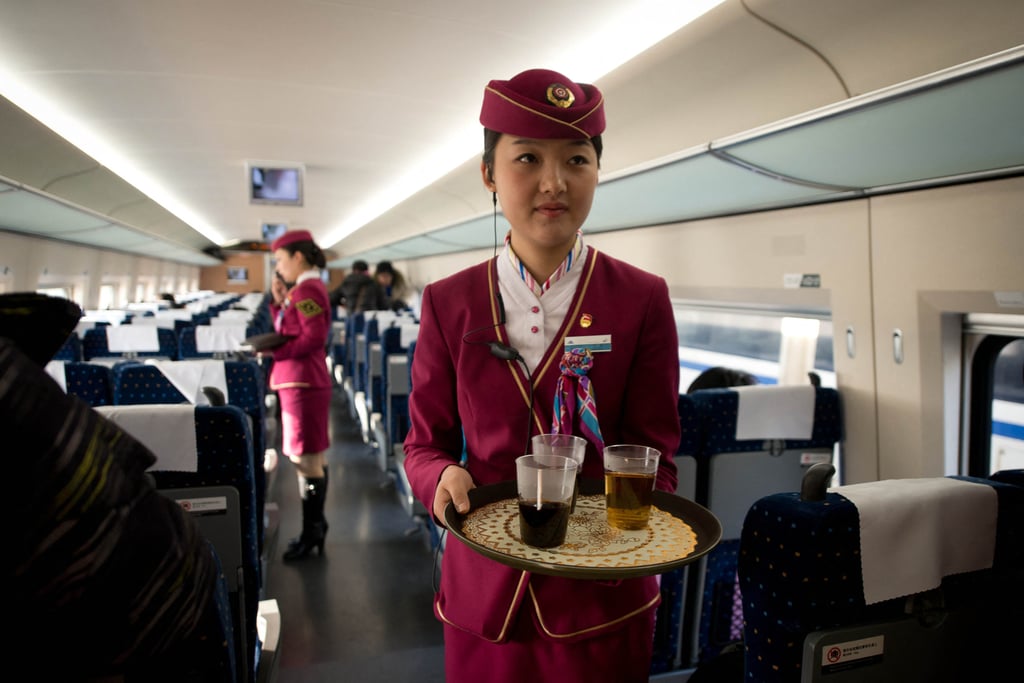‘Sorry, only snacks and souvenirs’: China Railway’s refusal to sell sanitary pads slammed and renews debate on women’s rights
- Despite increasing public awareness about women’s rights, menstruation is still a taboo topic in mainland China with many refusing to even speak about it
- Policy experts say a major reason is that most decision-makers are men who ignore the needs of women

China’s state-owned railway operator has found itself at the centre of fierce debate for not selling sanitary pads on board trains, with many accusing the company of ignoring women’s rights and pandering to the outdated stigma attached to menstruation.
The debate was triggered when a female passenger shared online her frustration trying to find menstrual products on a high-speed train when her period came earlier than expected.
“I don’t want more women to have such embarrassment, so I’m bringing this up and hoping it could be resolved,” the unnamed woman wrote on Weibo late last week.
Online conversation has centred around whether sanitary pads should be made available on trains operated by state-owned China Railway, which sells snacks and souvenirs but said over the weekend that feminine napkins are a “private item” that is “not normally sold”.

A customer service representative from the company’s hotline told video news site Pear Video that they refused to sell sanitary pads as they are “private things” and told passengers to “be prepared”.
The issue has been a popular topic on Weibo, with a news report attracting 760 million views and nearly 200,000 comments as of noon on Tuesday.